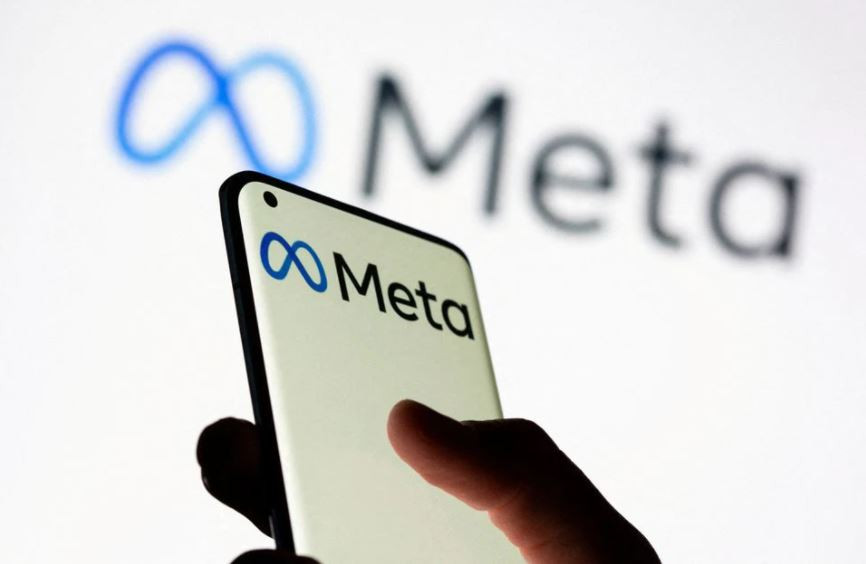
Meta to introduce watermarking feature for some AI products
Meta Platforms will add invisible watermarking to its text-to-image generation product imagine with Meta AI chatbot in the coming weeks to enhance transparency, the Facebook-parent said on Wednesday. The social media firm rolled out products infused with artificial intelligence (AI) for consumers, including bots that create photo-realistic images and smart glasses that answer questions, in late September. "We aim to bring invisible watermarking to many of our products with AI-generated images in the future," Meta said in a blog post, adding that it is resilient to common image manipulations like cropping, screenshots, among others. The success of ChatGPT – Microsoft-backed OpenAI's chatbot – has led firms to leverage the power of large language models in creating AI-powered products to attract new investors, push for innovation, retain old customers and engage new ones. Meta made Meta AI using a custom model based on the powerful Llama 2 large language model that the company released for public commercial use in July. The company is testing more than 20 new ways generative AI can improve experiences across its social media platforms, including Instagram and WhatsApp. The Menlo Park, California-based company is expanding access to imagine outside of chats, making it available in the US while also testing to improve search capability across its several products.

Meta Platforms will add invisible watermarking to its text-to-image generation product imagine with Meta AI chatbot in the coming weeks to enhance transparency, the Facebook-parent said on Wednesday. The social media firm rolled out products infused with artificial intelligence (AI) for consumers, including bots that create photo-realistic images and smart glasses that answer questions, in late September. "We aim to bring invisible watermarking to many of our products with AI-generated images in the future," Meta said in a blog post, adding that it is resilient to common image manipulations like cropping, screenshots, among others. The success of ChatGPT – Microsoft-backed OpenAI's chatbot – has led firms to leverage the power of large language models in creating AI-powered products to attract new investors, push for innovation, retain old customers and engage new ones. Meta made Meta AI using a custom model based on the powerful Llama 2 large language model that the company released for public commercial use in July. The company is testing more than 20 new ways generative AI can improve experiences across its social media platforms, including Instagram and WhatsApp. The Menlo Park, California-based company is expanding access to imagine outside of chats, making it available in the US while also testing to improve search capability across its several products.
